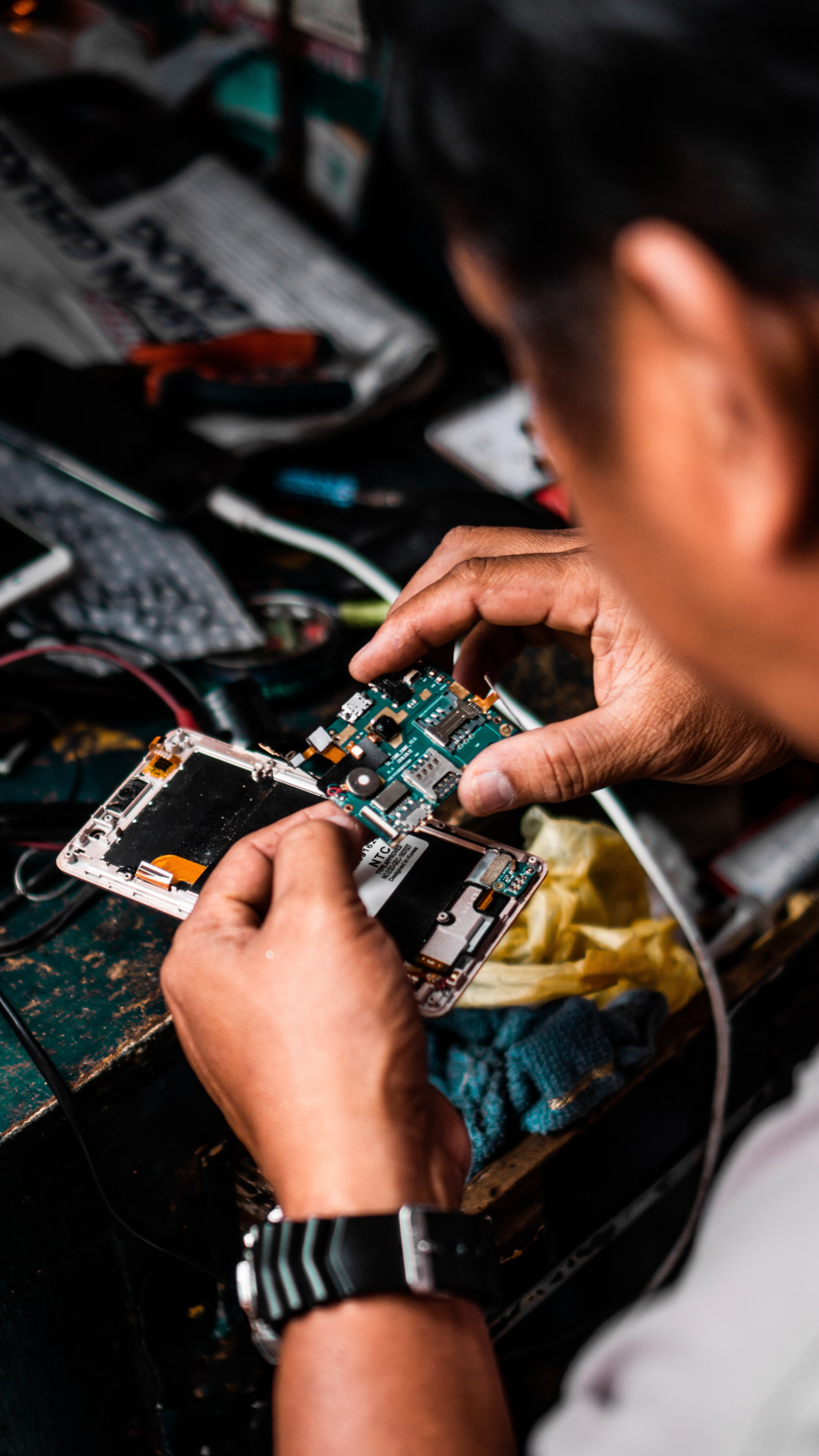
In an era when sustainability and environmental responsibility are becoming major imperatives, the European Union (EU) has recently taken a decisive step towards protecting consumer rights and promoting product sustainability. Thanks to a groundbreaking agreement between the European Parliament and the Council of the EU, European consumers will now benefit from a more robust and extensive right to redress, marking a significant victory for environmental sustainability and consumer protection.
European legislative initiative: towards a circular economy
This initiative stems from an ambitious legislative proposal put forward by the European Commission in 2023, aimed at giving consumers the power to have their appliances repaired even after the legal warranty has expired. After intense negotiations and in-depth discussions, Parliament and Council have finally reached an historic agreement, strengthening consumer rights and boosting the drive towards a more circular and environmentally-friendly economy.
The benefits of repair: economy and durability
The essence of this legislation is based on the conviction that repairing existing products is often more ecological and economical than replacing them with new ones, a fundamental principle of the circular economy. Indeed, the figures speak for themselves: according to European Commission estimates, this legislation will save around 18 million tonnes of CO2 over a 15-year period, while generating savings of around €176 billion for European consumers. These colossal figures demonstrate the potential positive impact of repair on the environment and the European economy as a whole, contributing to the transition to a more circular and resilient economy.
Manufacturers’ obligations and consumer rights
One of the most notable aspects of this agreement is the extension of the seller’s liability period after a defective product has been repaired. In concrete terms, if a consumer has a product repaired during the legal warranty period, the seller’s liability period will be extended by a further year. This measure is designed to ensure that consumers benefit from adequate protection even after the end of the initial warranty period, thereby boosting consumer confidence in the products they buy.
Economic and environmental impact of repairs
In addition, this legislation obliges manufacturers to make their products more easily repairable and to make spare parts available at affordable prices, thus promoting product reuse and reducing the amount of e-waste. This approach fits in perfectly with the circular economy, where resources are used more efficiently and waste reduced to a minimum.


In addition to extending the legal warranty for repaired products, the agreement also includes several other measures designed to make life easier for consumers. Sellers will be required to inform customers of their right to repair, and consumers will have the option of borrowing a replacement product during the repair period, or opting for a refurbished replacement product. In addition, online access to indicative repair prices will be facilitated, enabling consumers to make informed decisions about potential repair costs.
It should be stressed that consumer rights remain at the heart of this legislation, with the possibility for consumers to choose between repair and the purchase of a new appliance. This approach recognizes the diversity of consumers’ individual situations and gives them the freedom to make decisions in line with their needs and preferences, while promoting a more inclusive and sustainable circular economy.
Last but not least, this new legislation is not only good for consumers and the environment, but should also stimulate the economy by fostering the development of a dynamic repair market and encouraging innovation in the field of product sustainability. By promoting repair rather than replacement, the EU is moving towards a more circular and resilient economy, in line with sustainable development objectives.
In conclusion, the agreement recently reached between the European Parliament and the EU Council represents a major step forward in protecting consumer rights and promoting product sustainability, as part of a wider circular economy. By encouraging repair rather than replacement, the EU is sending out a strong signal in favor of environmental sustainability and manufacturer responsibility, thus contributing to the transition to a more circular and environmentally-friendly economy for future generations.
Read also
Questions about CircularPlace?



